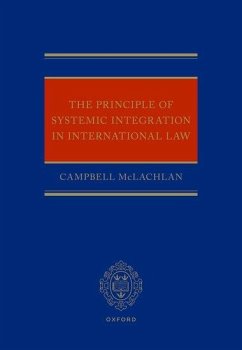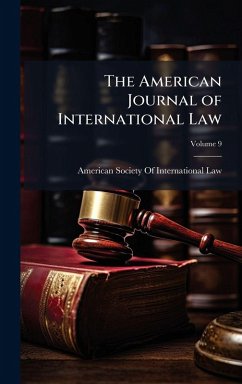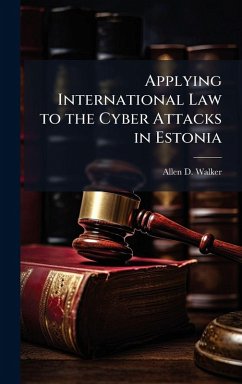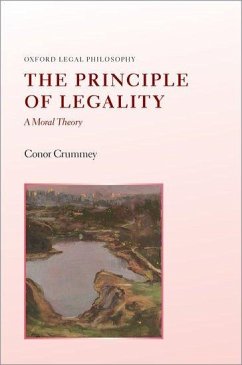Nicht lieferbar

International Law and the Principle of Non-Intervention
History, Theory, and Interactions with Other Principles
This book provides a systematic analysis of the principle of non-intervention from a historical, theoretical, and systematic perspective. Roscini argues that the principle is strictly linked to some fundamental notions of international law, such as sovereignty, use of force, self-determination, and human rights protection.














